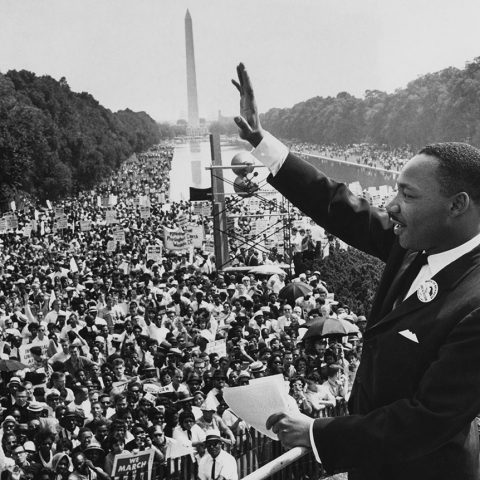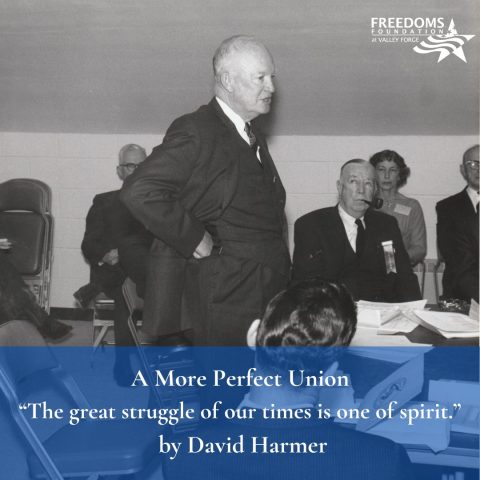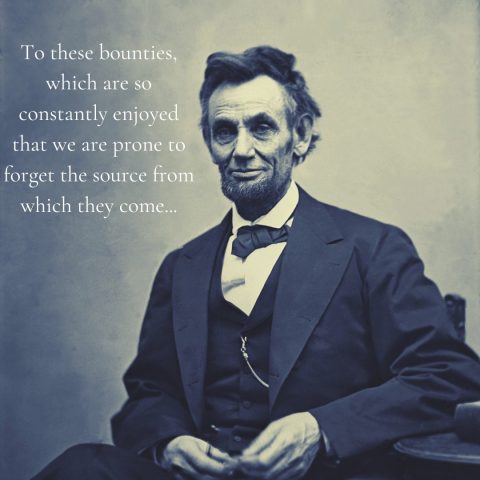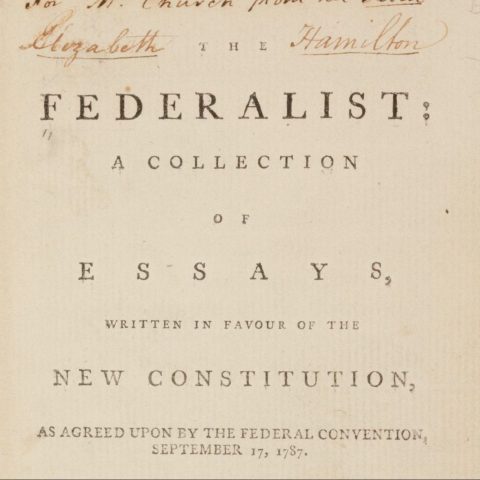Lincoln’s 215th

By David Harmer
The abolitionists considered him soft on slavery. Frederick Douglass considered him at best inconsistent, at worst hypocritical. Members of his own cabinet considered him their inferior. Editorial cartoonists considered him ridiculous. Yet the Southern states considered him such a threat that seven of them responded to his election by seceding before he was even inaugurated. Another four followed soon thereafter.
Their fear of his incipient presidency proved well-founded. Abraham Lincoln’s moral clarity and political dexterity ended American slavery, the perpetuation of which was the plainly stated reason for the Confederacy’s creation. Lincoln defeated not only the Confederacy’s armies but its ideology. Plenty of others desired that end, but Lincoln achieved it. It’s easy to be right; it’s hard to be effective. Lincoln was both.
He revered the Founding Fathers; well did biographer Richard Brookhiser call him the Founders’ Son. The Union they created, he preserved. More than preserved: improved, at last addressing and transcending America’s original sin, the most glaring but intractable unfinished business of the Founding.
An improbable candidate for president, his only prior experience in elective office consisted of eight years in the Illinois legislature and a single two-year term in the U.S. House of Representatives. What brought him to national attention were the Lincoln-Douglas debates of 1858—seven of them, one in each of the state’s congressional districts, lasting three hours each. (Voters had longer attention spans then.) Douglas won re-election as U.S. Senator, but Lincoln won nationwide acclaim.

Accepting the Republican nomination in that race, Lincoln said:
“A house divided against itself cannot stand.”
I believe this government cannot endure, permanently, half slave and half free. I do not expect the Union to be dissolved; I do not expect the house to fall; but I do expect it will cease to be divided. It will become all one thing, or all the other.
Either the opponents of slavery will arrest the further spread of it and place it where the public mind shall rest in the belief that it is in the course of ultimate extinction, or its advocates will push it forward till it shall become alike lawful in all the states, old as well as new, North as well as South.
In a note to himself, Lincoln wrote:
As I would not be a slave, so I would not be a master. This expresses my idea of democracy. Whatever differs from this, to the extent of the difference, is no democracy.
He expressed the same conviction publicly, most memorably in his “all honor to Jefferson” letter:
He who would be no slave, must consent to have no slave. Those who deny freedom to others, deserve it not for themselves; and, under a just God, can not long retain it.
Two years after the Lincoln-Douglas debates, Lincoln was elected president, carrying every Northern state. In his first inaugural address, he said:
One section of our country believes slavery is right and ought to be extended, while the other believes it is wrong and ought not to be extended. This is the only substantial dispute.
Even so, he concluded:
We are not enemies, but friends. We must not be enemies. Though passion may have strained it must not break our bonds of affection. The mystic chords of memory, stretching from every battlefield and patriot grave to every living heart and hearthstone all over this broad land, will yet swell the chorus of the Union, when again touched, as surely they will be, by the better angels of our nature.

Four years later, in his second inaugural address, he observed:
Both parties deprecated war but one of them would make war rather than let the nation survive, and the other would accept war rather than let it perish. And the war came.
His conclusion is remarkable for its equanimity and mercy:
With malice toward none, with charity for all, with firmness in the right as God gives us to see the right, let us strive on to finish the work we are in: to bind up the nation’s wounds, to care for him who shall have borne the battle and for his widow and his orphan—to do all which may achieve and cherish a just and lasting peace among ourselves and with all nations.
Monday, February 12, will be Lincoln’s 215th birthday. To commemorate the occasion, let’s accept his invitation. Without malice, with charity, let us each do our part to bind the nation’s current wounds and restore domestic peace.
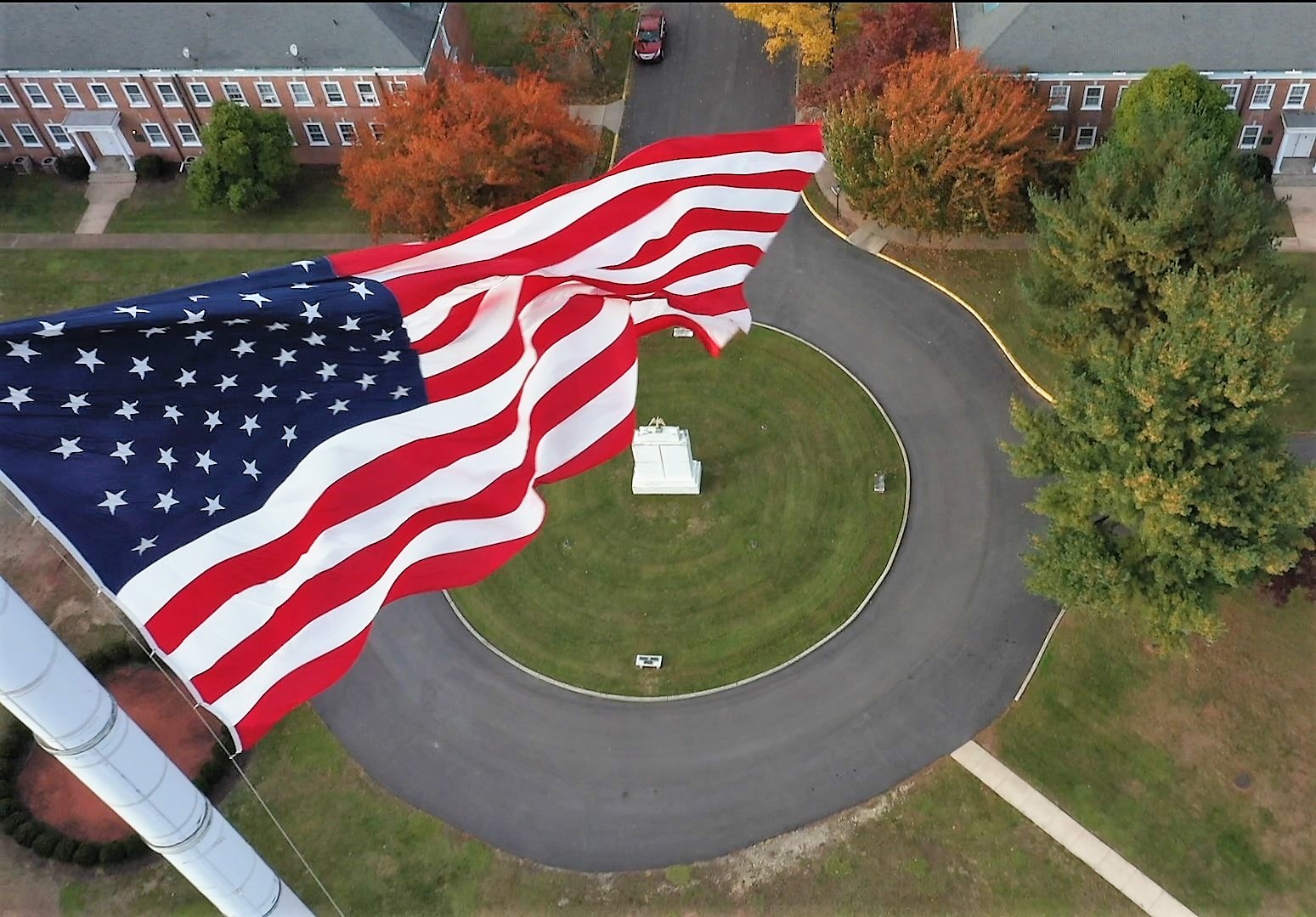
Donate Today
Supporting America’s first principles of freedom is essential to ensure future generations understand and cherish the blessings of liberty. With your donation, we will reach even more young people with the truth of America’s unique past, its promising future, and the liberty for which it stands. Help us prepare the next generation of leaders.

